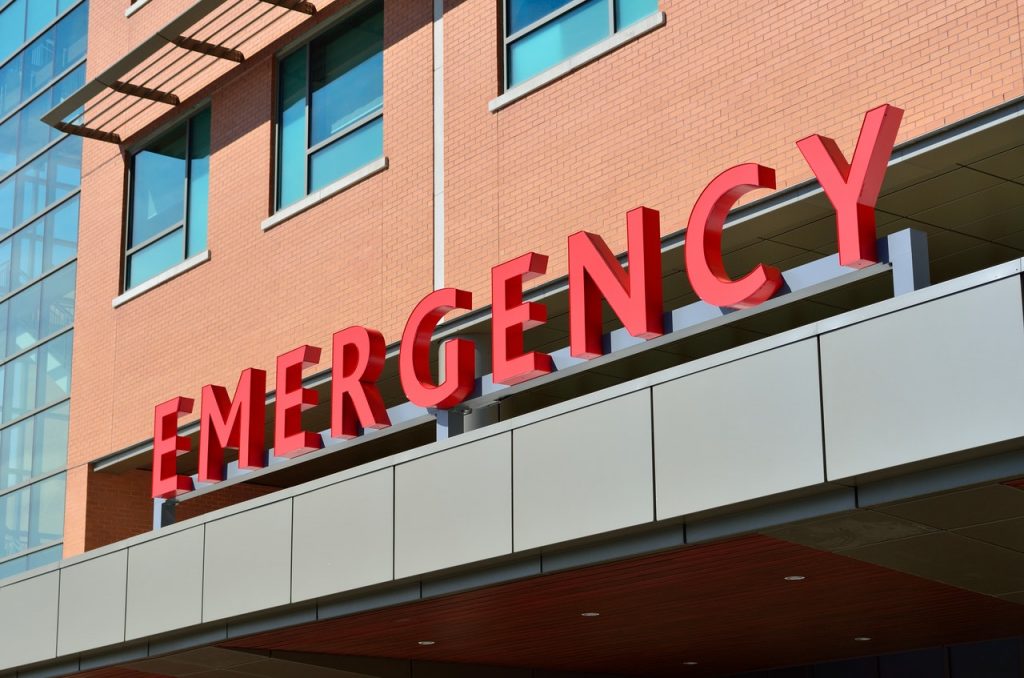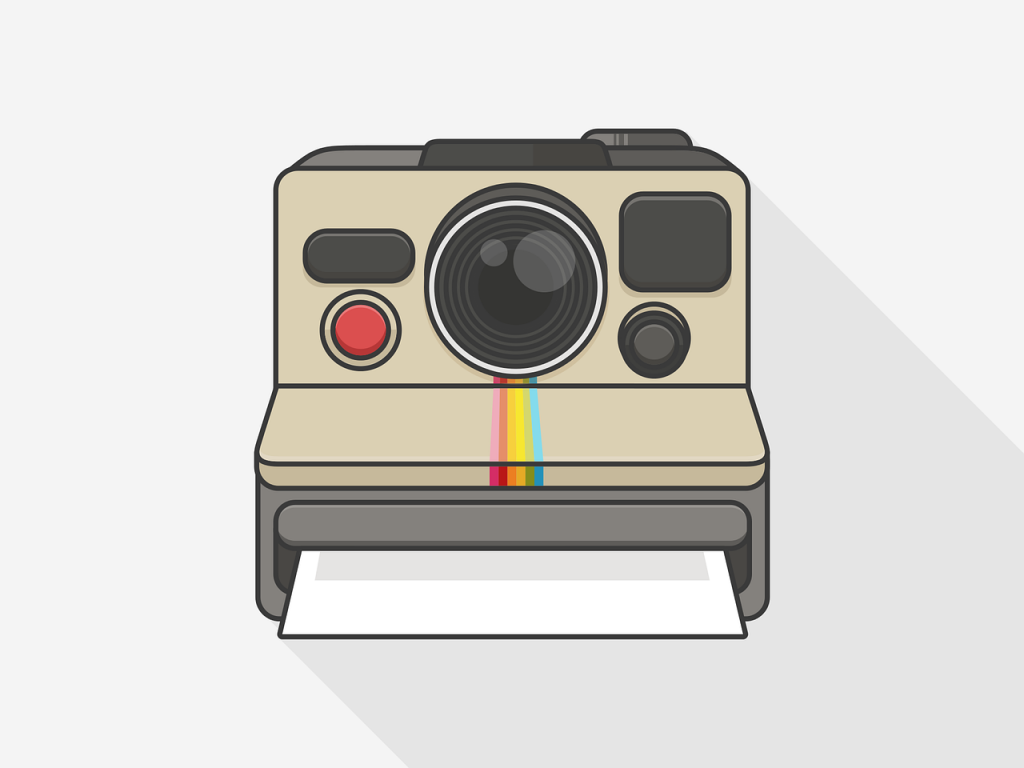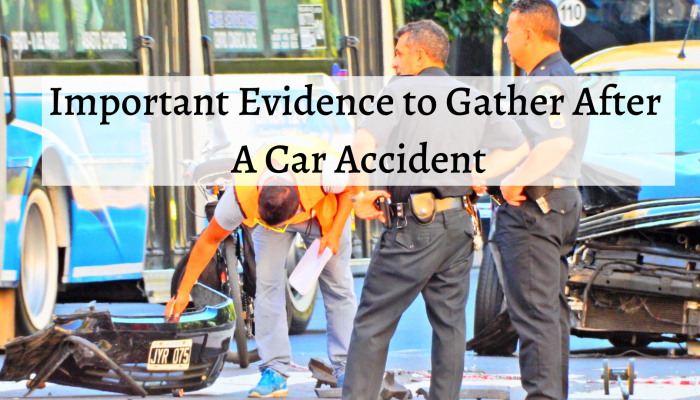Car accidents are one of the most traumatic incidents in a person’s life. If you or your loved ones have ever been in an accident, you would know how tough the phase is and how much trouble and pain it brings. In addition to that, you have to fight tooth and nail with the insurance company to get your dues. Overall, it can be the most difficult phase in life if you don’t have relevant information to guide you.
Bad times don’t come with a warning, so it is always wise to be prepared for such an event. When you are submitting your accident or personal injury claim to an insurance company, there are certain pieces of evidence you need to present to get a fair deal. Hence, it is important to keep these points in mind.
Here are the topmost important things you need to do after a vehicle accident, both immediately and subsequently.
Visit a doctor immediately 
In the immediate aftermath of an accident, you may feel like you don’t need a doctor. But the first instinct after such an incident should be to check yourself and others in the car for possible injuries. Sometimes, an injury might not be outwardly visible but it may affect you internally. So, it is also the smart thing to visit a doctor to rule out a concussion or internal injuries.
Additionally, documenting your injuries can be extremely helpful in your case against the insurance company. It helps to shed light on the severity of the accident and leaves little scope for the opposition to dispute your claims.
If you think you are unable to function properly, immediately call 911 and take an ambulance to the hospital. Apart from ensuring your safety, records with emergency services will ensure you get justified medical compensation after an accident. This is helpful to you, both in preserving your life as well as contesting against insurance giants.
Gather as much information as you can 
In case you or your loved ones are not seriously injured in the accident, your first priority should be to gather as much information about the accident as possible. Get basic facts about the other driver; for instance, his official name, address on the driver’s license, the car’s license number and the insurance provider of the other driver. If the other vehicle is a company car or commercial truck, it is imperative to gather the driver’s employer’s information for further use.
It is important to gather this information immediately as the driver might decide to leave the scene, thereby making the case that of a hit-and-run. In such a scenario, your information and any photos you have taken of the scene will come to be of great use while dealing with an insurance claim.
In case you have been seriously injured, you can rely on the law enforcement authorities to gather this information for you. But make sure you do not incriminate yourself by admitting fault in front of the other driver or discuss your predicament at length with external parties.
Check if there are traffic cameras nearby to record what happened. Also, note the traffic light sequence to register whether the other person had ran a red light. These things might sound minor compared to the accident at hand, but they will turn out to be extremely important in your case.
Take photos and take videos of anything you find relevant 
Taking extensive photo evidence from the scene of the accident is always a good idea. Make sure you capture as many angles of the incident as possible. Take pictures, not only of your own car but of all the cars and other vehicles involved in the accident. Capture in detail the damage caused to your own vehicle in a close-up view.
Pictures from the scene of the mishap can be incriminating evidence in a court case and help you prove your ordeal to get a fair settlement. Make sure to be very observant in the aftermath of the accident. Take pictures of damage caused to nearby property as well, like trees, fences, walls, etc. Also, take photos of your own injuries as well as any injuries sustained by your companions.
You can also take videos of the scene and the aftermath, but be careful if you are including any person in the video. Some states prohibit recording people without their consent, which may turn out to be unfavorable for you. Instead, take videos of the surroundings, damage to your own car and any other pieces of evidence around you. This way, you play safe and gather the information you need.
Rely on authorities to supply the information you need
If the accident you’ve been in is too severe, chances are you won’t be in a condition to gather evidence at the scene. In that case, the smartest thing to do is to wait for the authorities to gather information on the scene. Call 911, they will keep records of the incident details. Police reports always have good coverage of who was involved in the accident, what injuries were sustained and on which day and time the incident occurred.
Additionally, your medical records will come in handy when you present your case in front of the insurance company. If you are worried about how much authentic information can be gathered this way, you can hire a lawyer to do the groundwork for you. A lawyer will go through the hard work of gathering information and making your case stronger. He or she will also talk to witnesses and gather their statements, which will be helpful for your case.
Obtain and preserve records after the accident
Your ordeal is not over as long as you don’t get a fair settlement from the insurance company. For that, you will need to obtain certain records and preserve them to support your case. Hire an experienced car accident or personal injury lawyer to get all copies of medical records, bills, statements, and related information for future reference. This will include aftercare, such as chiropractor, physiotherapy, etc. The details of your diagnosis and treatment will strengthen your case.
These expenses are reimbursable from the insurance company. If your documentation is correct, you can claim all expenditures related to the accident, from transportation to medical advice. The injuries to your vehicle are also important and should be documented for future use. Any money you spent on repairs is eligible for compensation from the insurance company.
Following these guidelines during this difficult time will ensure you are given a fair settlement for your pain and troubles due to the car accident.

